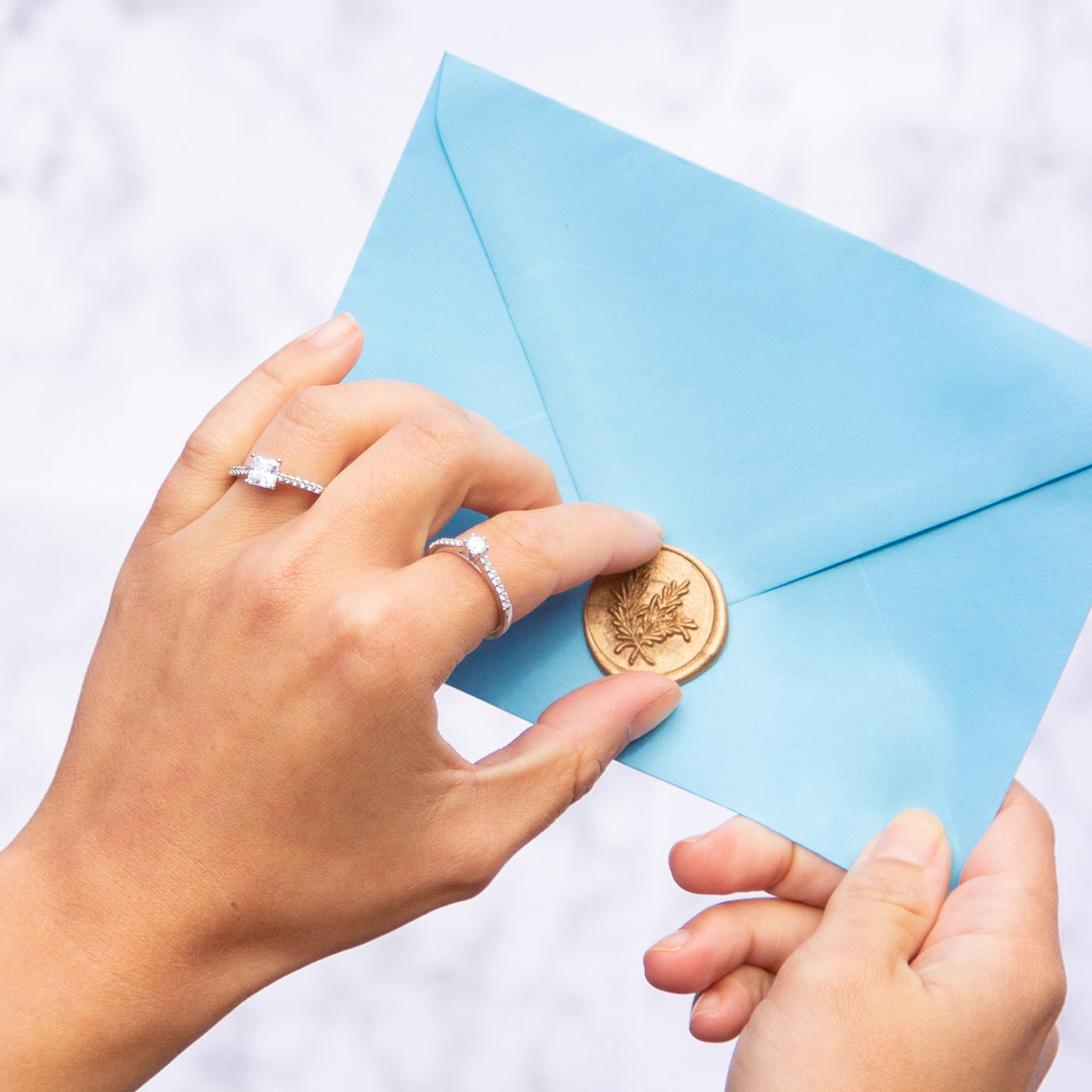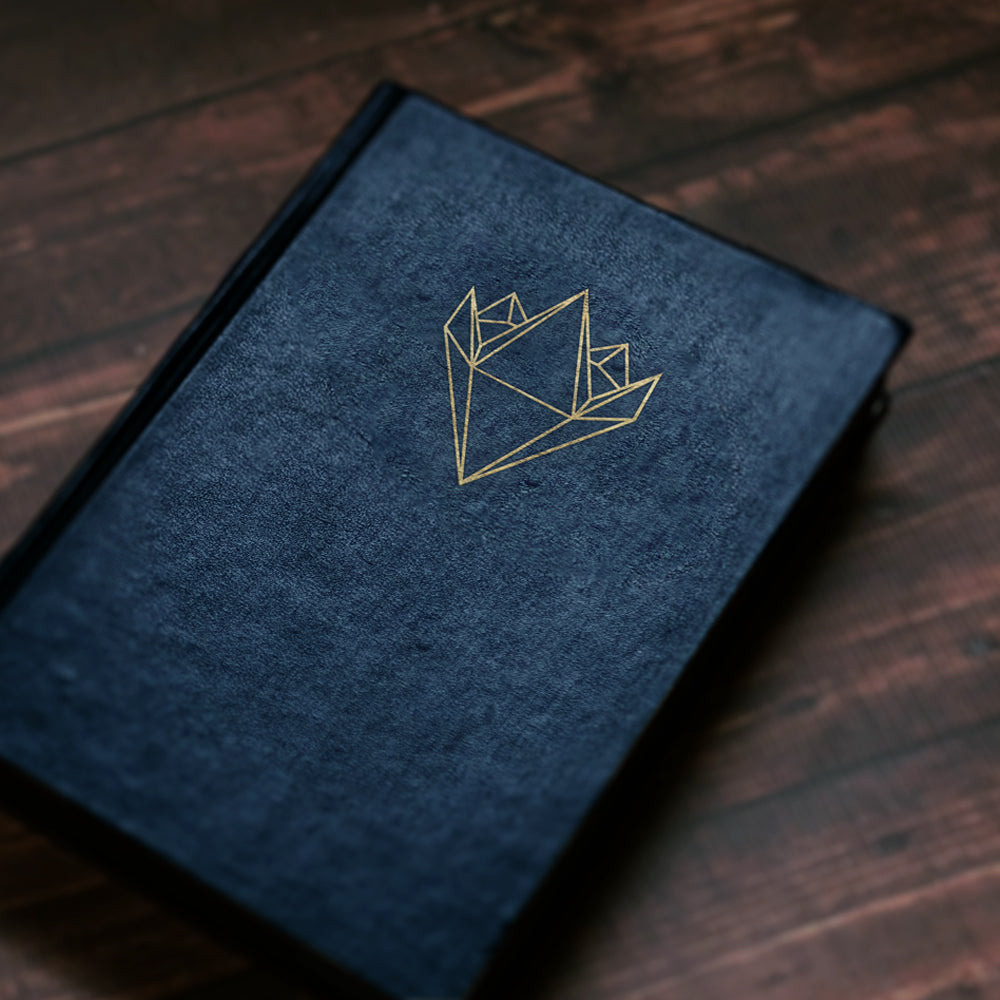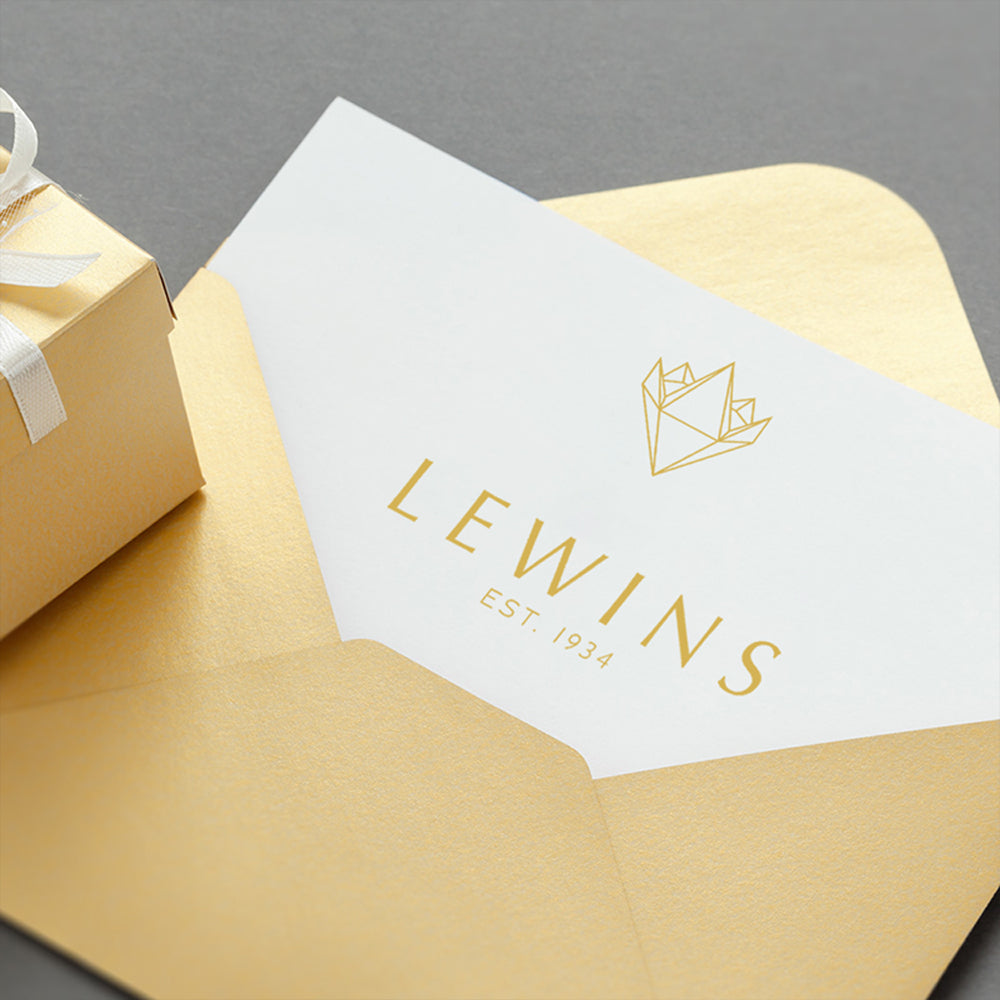Gem Lore:
Citrine - derives from the latin word ‘citrina’, which translates to ‘lemon’, alluding to the gemstones vivid, honey, yellow hue. In ancient times, the gemstone was known as the ‘merchants stone’ and it was believed that it could bring prosperity and wealth to the owner. The Egyptians were the first to discover Citrine and use the gemstone as a talismans. Citrine thrived during the Hellenistic period in ancient Greece and was frequently fashioned into stones, with engraved gods or goddesses. In addition, the ancient Romans associated the gemstone with Apollo, the god of the sun and light. Citrine is thought to symbolise success and hope.
Diamond - derives from the Greek word ‘adamas’, which translates to ‘invincible’. Today, the meaning somewhat refers, to the gemstones excellent hardness (ranking 10 on Mohs' scale), hence diamonds are highly resistant to be scratched or abraded by another material, other than diamonds itself. Moreover, diamonds possess the magical phenomenon of fire, which relies on the facetted gemstones ability to disperse (split) light, into a rainbow of colours.
The ancient Egyptians thought diamonds symbolised life, and the Pharaohs were known to place the gemstone in the centre of an ankh cross. Whereas, the ancient Greeks believed diamonds to be the tears of the gods or broken splinters from fallen stars. Alternatively, in ancient Roman literature it is noted that Cupids arrows were ‘diamond tipped’, maybe one of the first references that associates the gemstone with love.
Jewellery Care Precautions:
Avoid direct contact with: perfume, lotions, skincare, hairspray / other chemicals. Remove, your jewellery: when showering, swimming (as both chlorine and saltwater will react with metals), washing your hands / using hand sanitisers, before going to bed or when participating in physical activities (going to the gym, exercising, gardening, housework etc….).
Beware, metals may tarnish over time due to oxygen contact and natural body oils. Prevent items from being exposed to moisture and direct sunlight, for long periods. Store jewellery in a dry place away from humidity, in a pouch/jewellery box and keep each piece separated from each other. Care, for your jewellery by cleaning with a soft dry cloth.
White Gold:
White gold is not an element and does not occur naturally in a pure form. Pure yellow gold is mixed with alloys of white metals (such as palladium) to produce, a silver coloured alloy, known as white gold. It is further coated in a precious metal called rhodium (an element that derives from the same metal family as platinum), to increase its lustrous sheen and protect it from tarnishing and scratching.
Over time with exposure to oxygen and moisture, the rhodium coating will naturally wear and you will begin to see the natural yellow colour of gold. Rings will experience this more than other types of jewellery. The general guide for re-applying rhodium coating to your rings is between 1-2 years. However, the rate of wear depends on the pH level of your skin, exposure and contact to chemicals. For professional cleaning and rhodium coating, our workshop will provide the TLC your jewellery needs.
Citrine, Crystalline Quartz:
Hardness: 7 | Toughness: Good | Stability: Good
Extreme Caution, Avoid: Light, Extreme Temperature Change (thermal shock), Jewellery Cleaners (steam cleaners).
Mild Caution, Avoid: Heat, Chemicals (acids, detergents, solvents, nail polish remover), Jewellery Cleaners (ultrasonic).
Gemmological Observation: Quartz is pyroelectric, this means that when the gemstone experiences a change in temperature (for instance heat from the sun/lighting) it causes a low-level electrical attraction to fine dust particles. Therefore, you may experience that any quartz-set jewellery may need frequently cleaning.
Diamond:
Hardness: 10 | Toughness: Good | Stability: Excellent
Low Caution: A very durable gemstone, generally it is safe to use in; Jewellery Cleaners (Dips, Ultrasonic, Steam Cleaners).
Gemmological Observation: Diamonds have excellent hardness, this means only a diamond can scratch/abrade another diamond. To avoid scratches, store your diamond set jewellery separately. Diamonds only have good toughness, as they possess perfect cleavage. This means that if knocked in the wrong direction, the diamond can cleave/fracture. Whilst wearing, you will need to avoid: Sudden Impact (sharp knocks). If the diamond is heavily fractured, you will need to avoid using: Jewellery Cleaners (ultrasonic, steam cleaners).
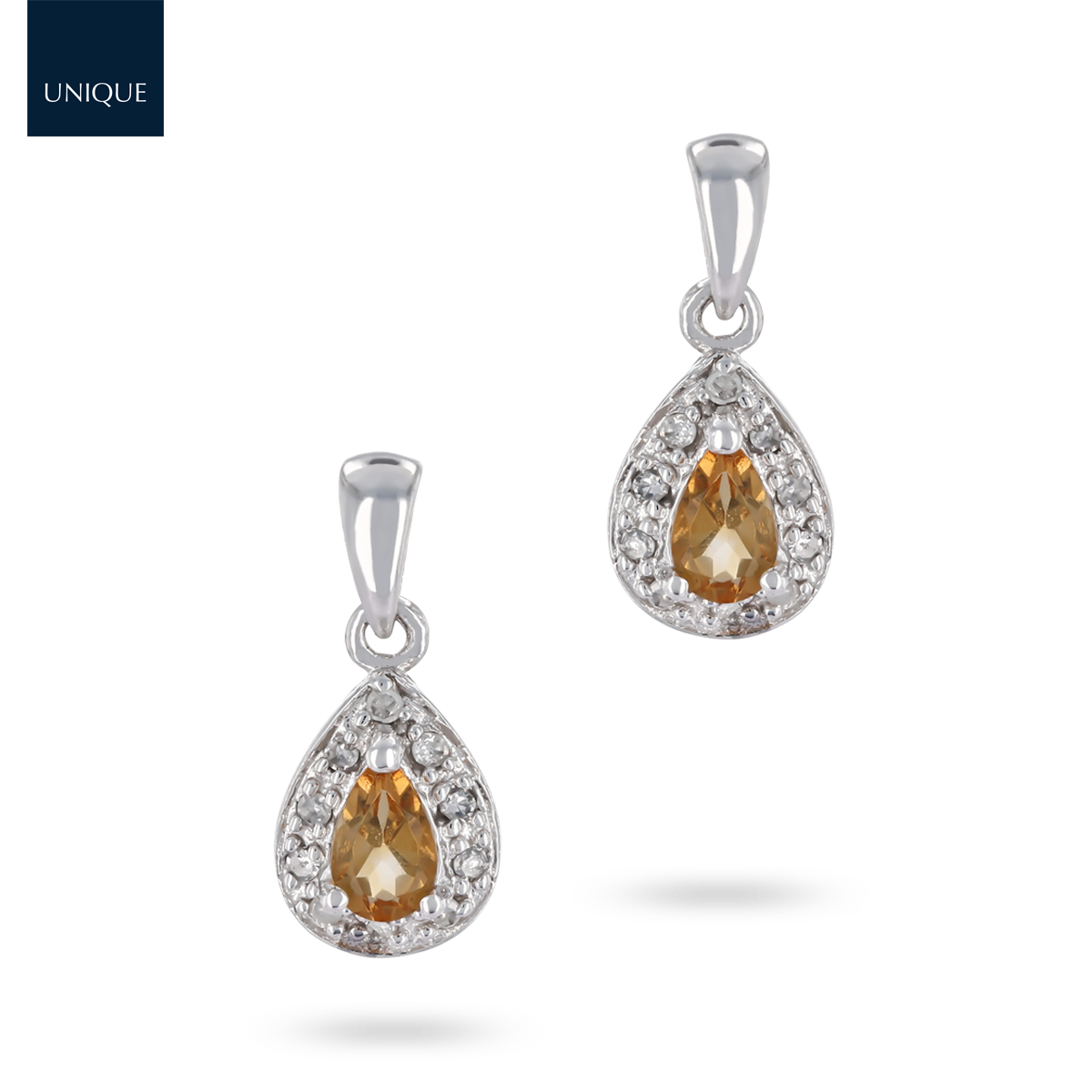
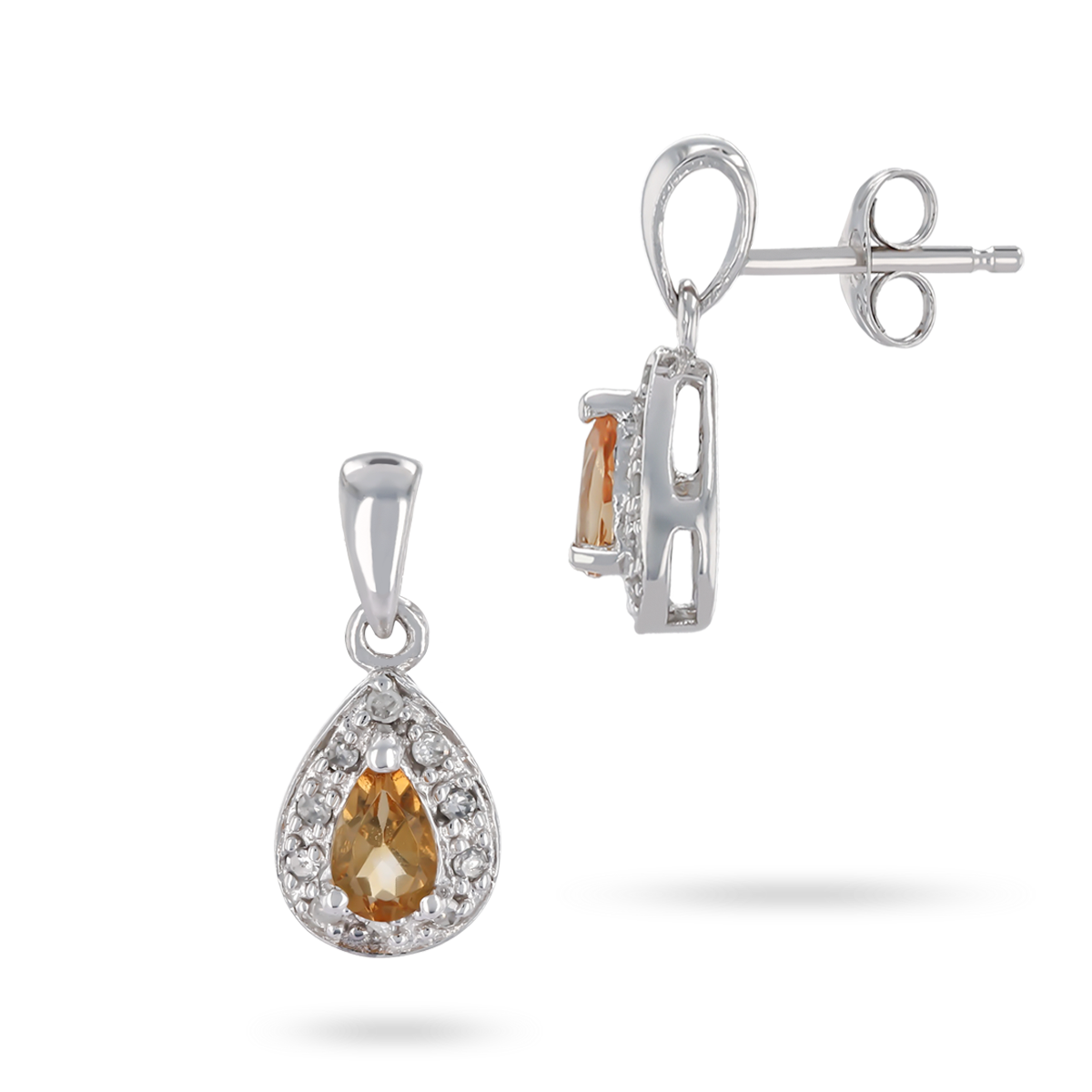



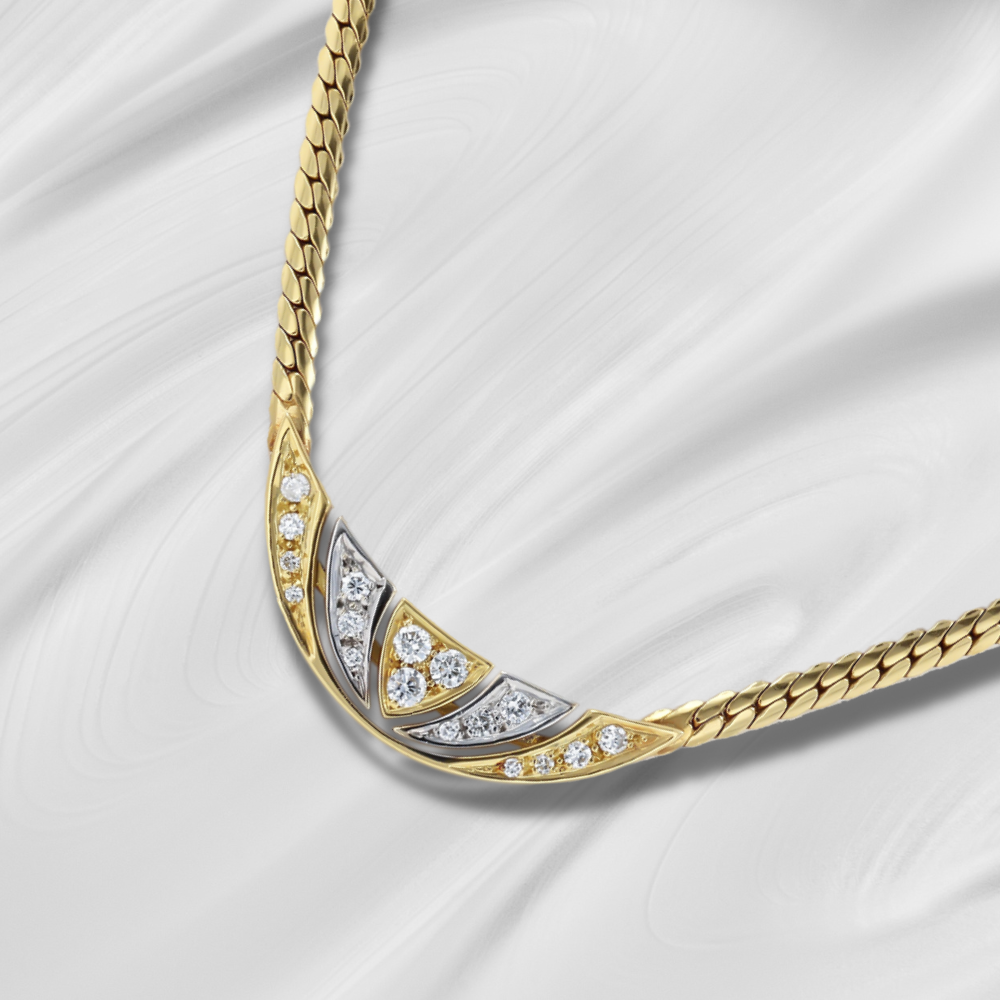
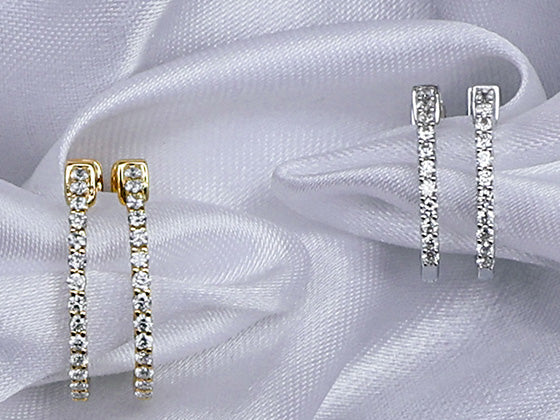
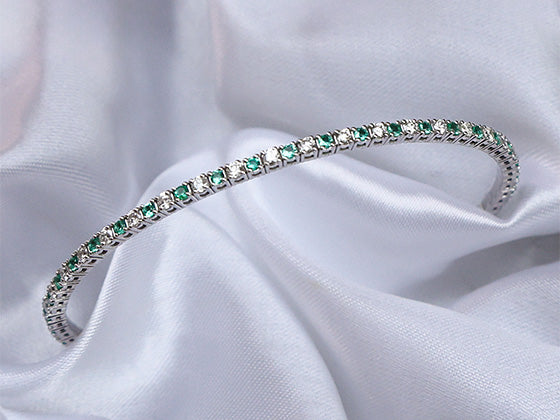

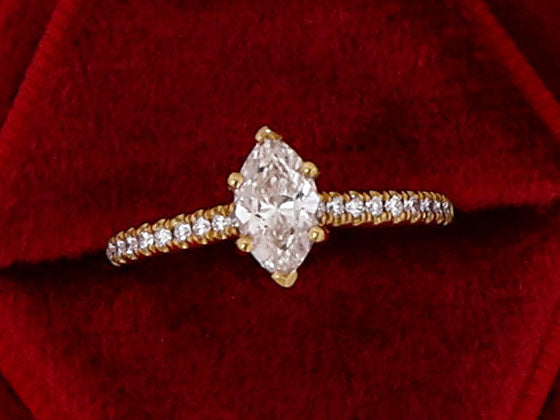
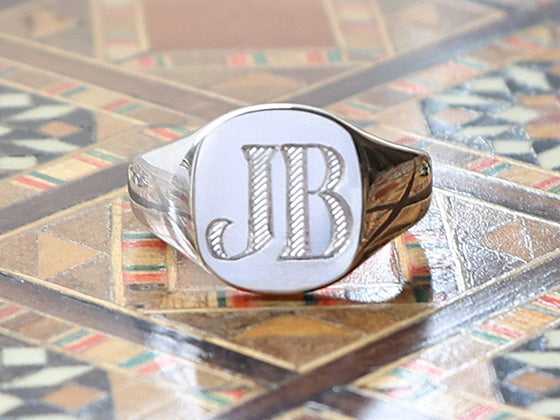
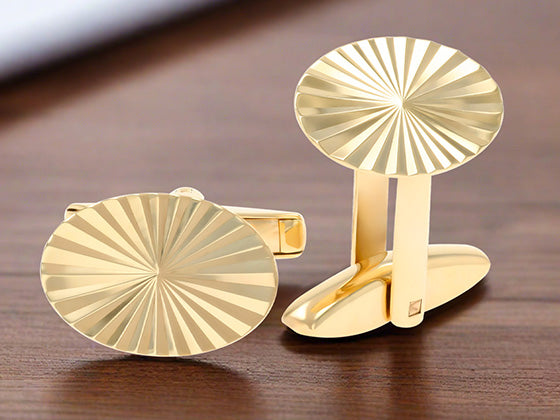
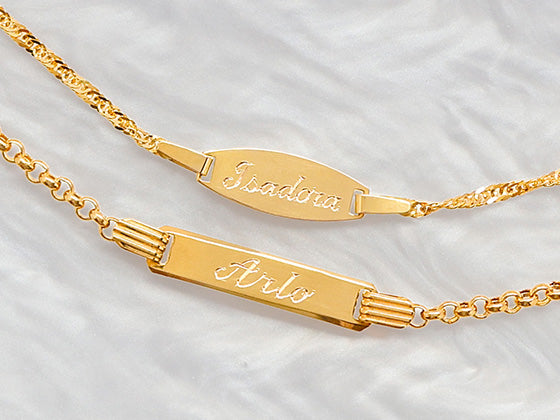
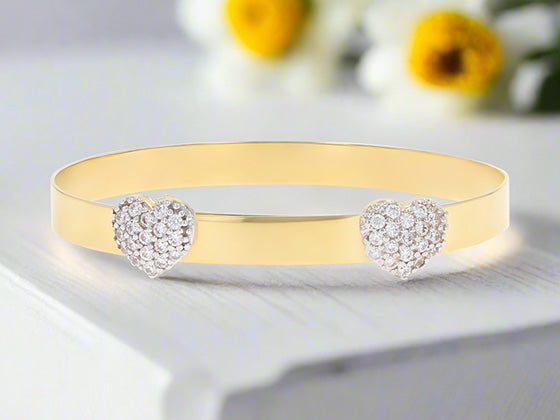
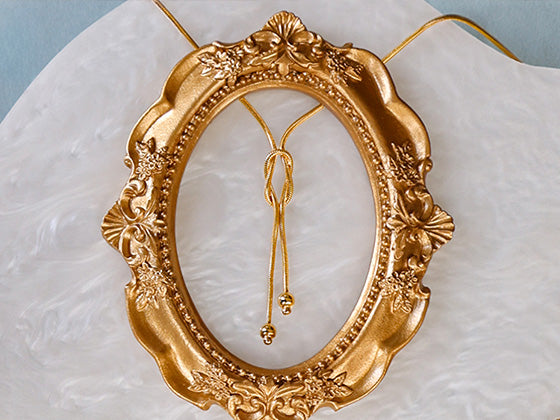
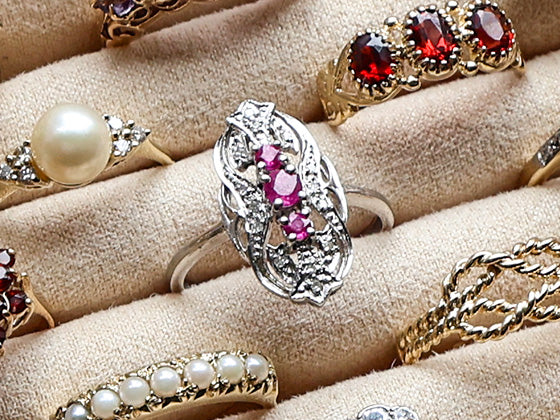
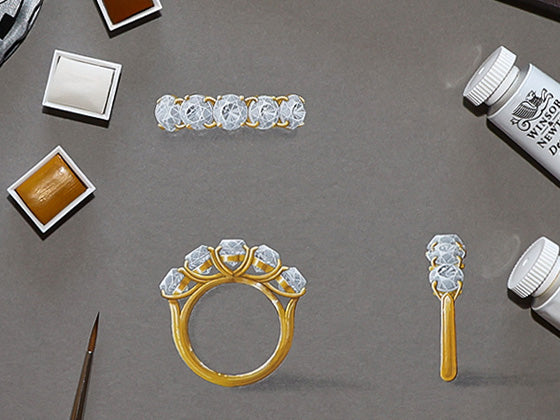
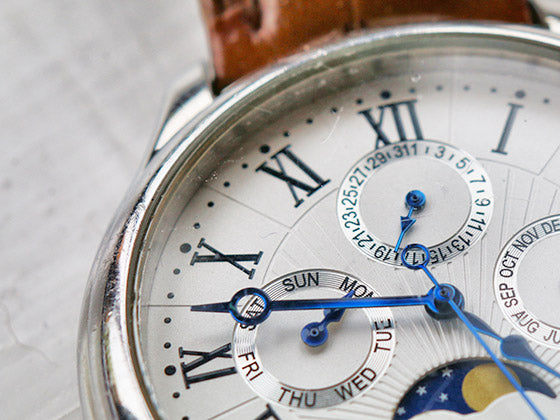
 Contact Us
Contact Us





